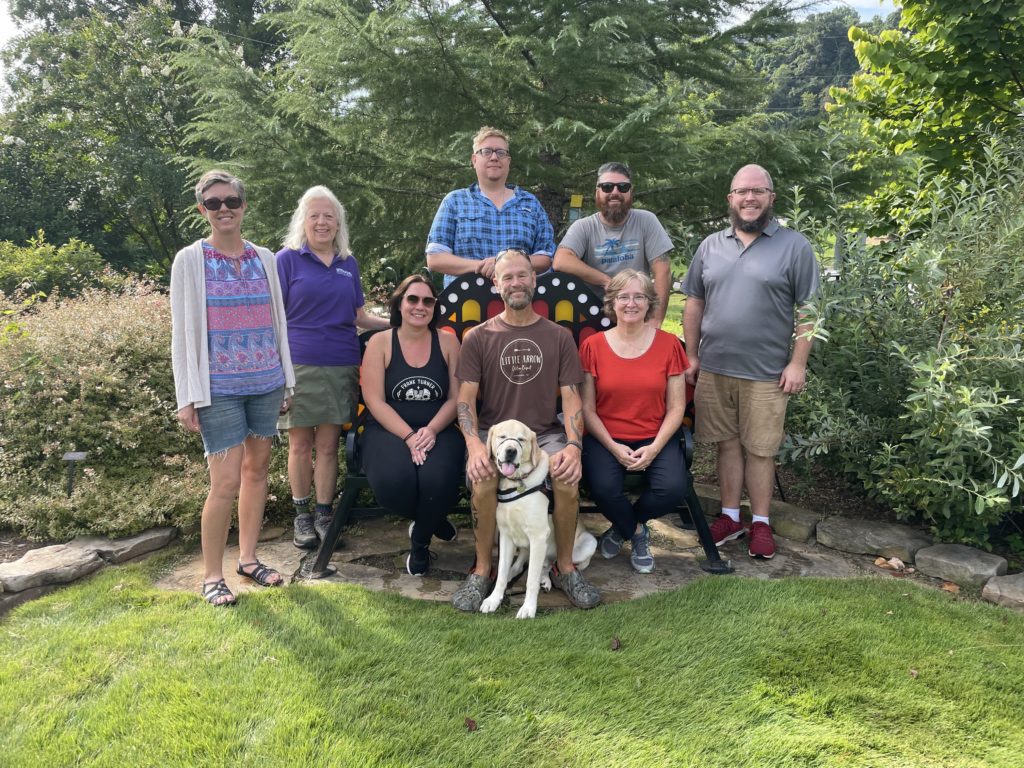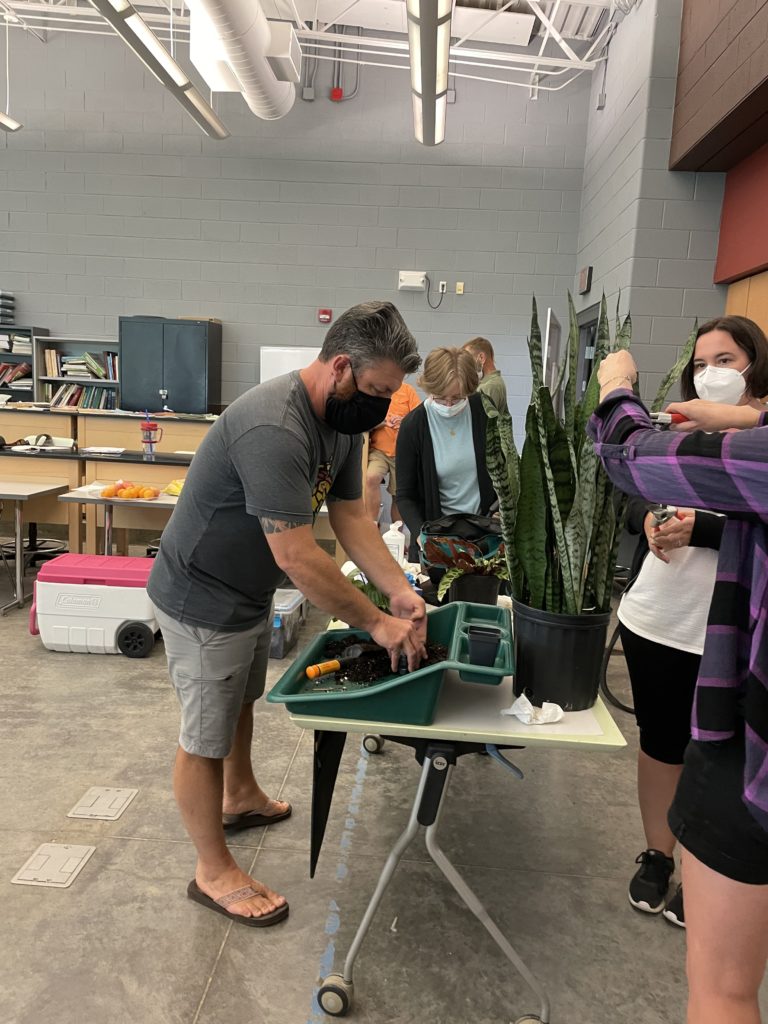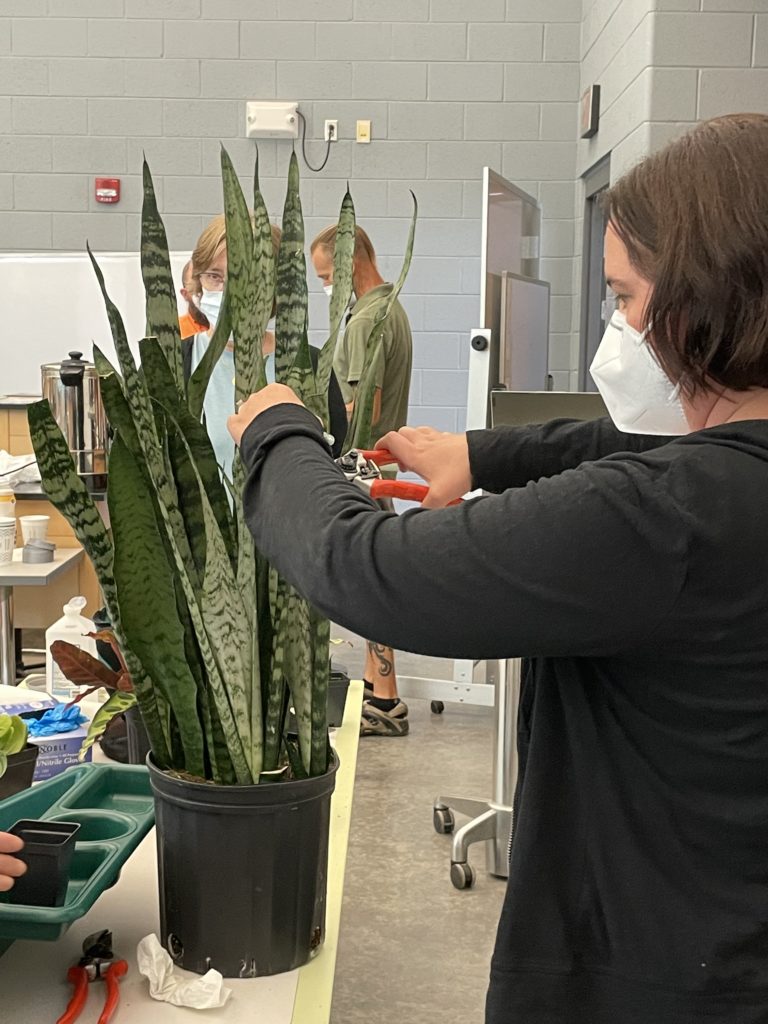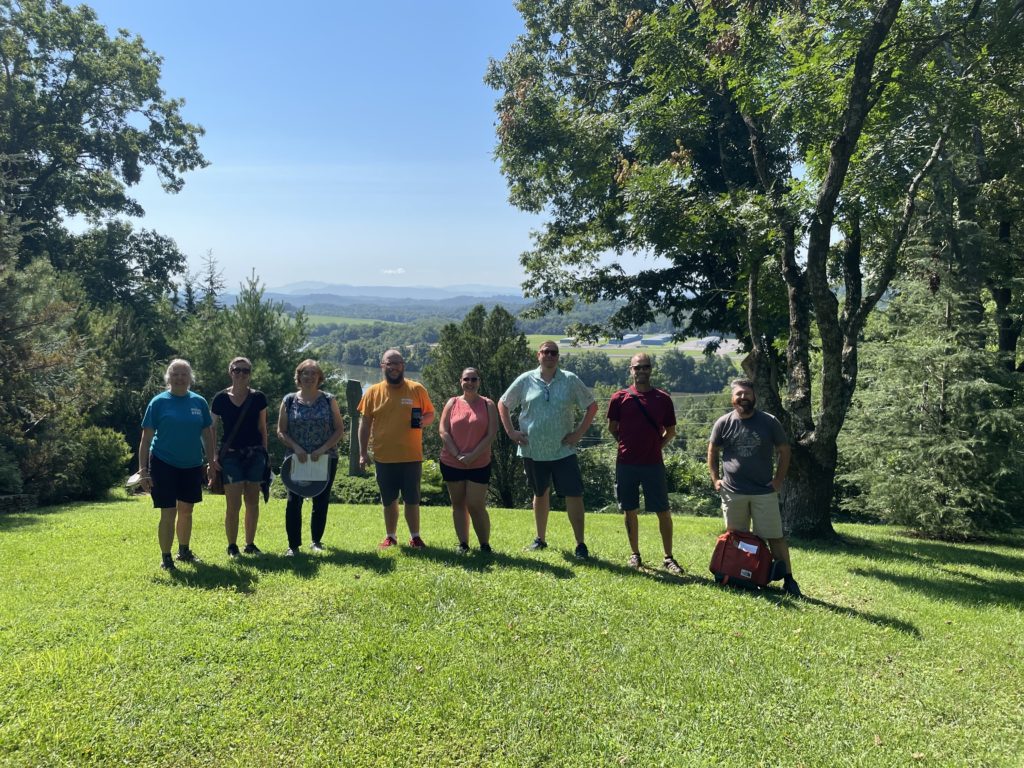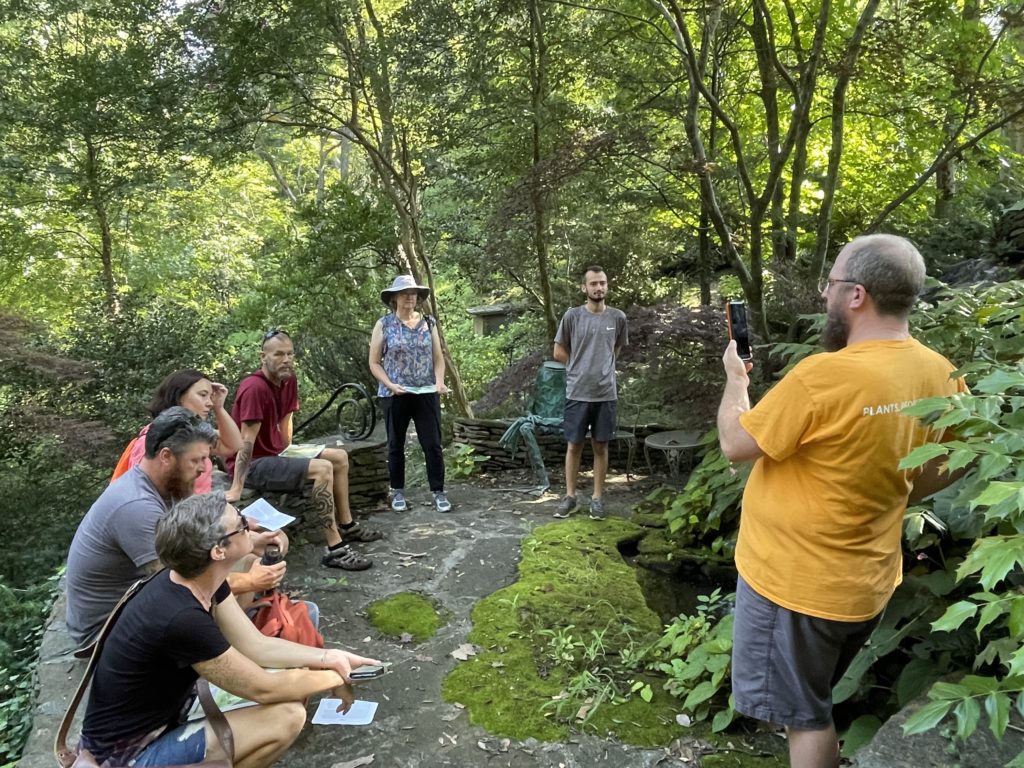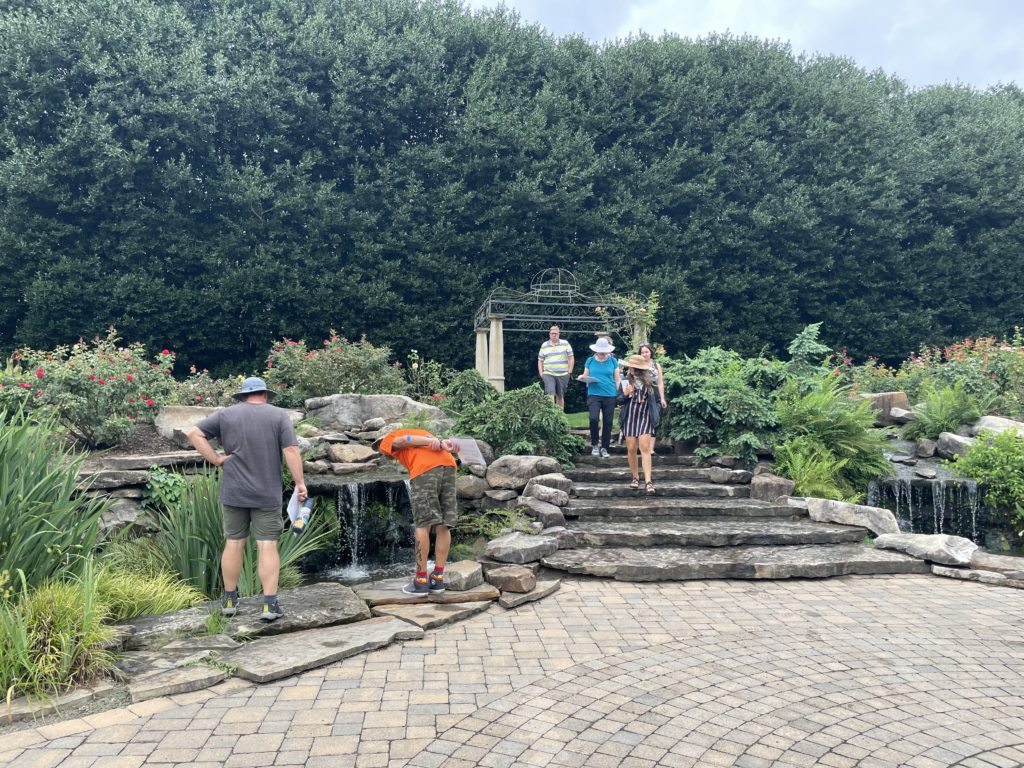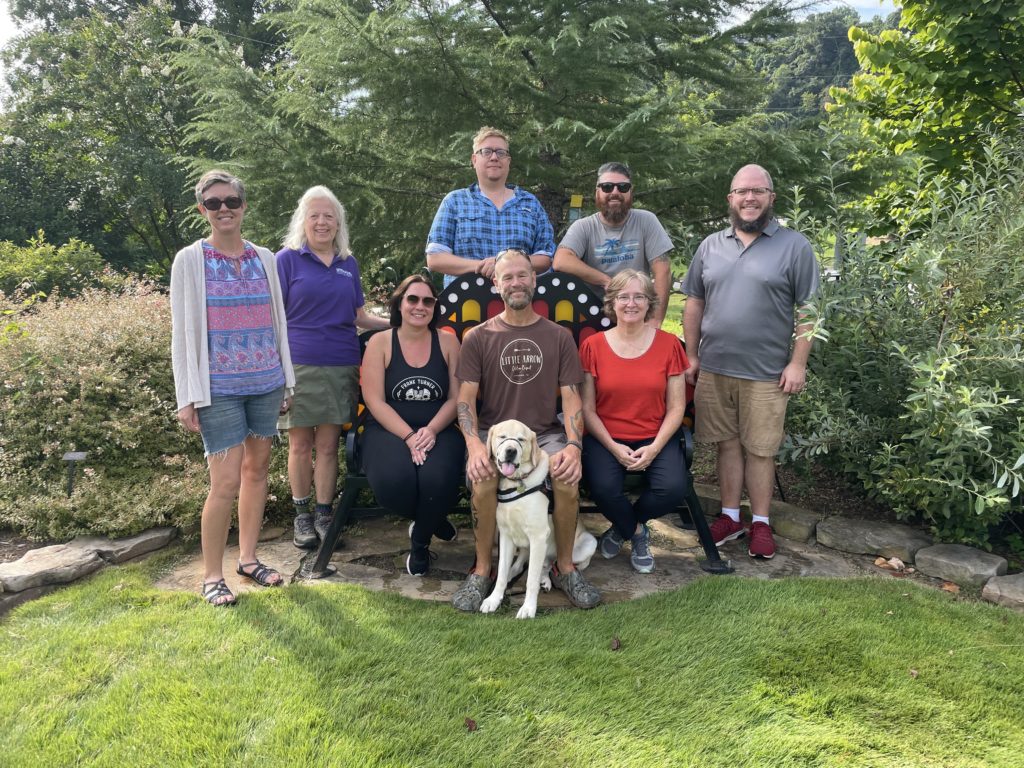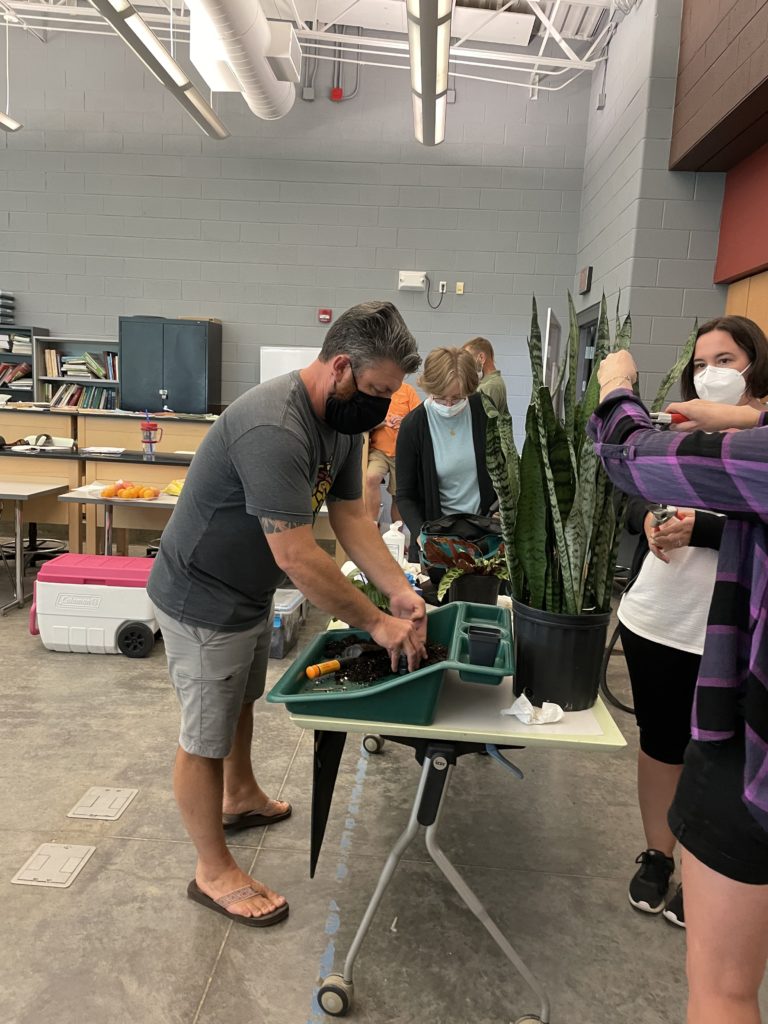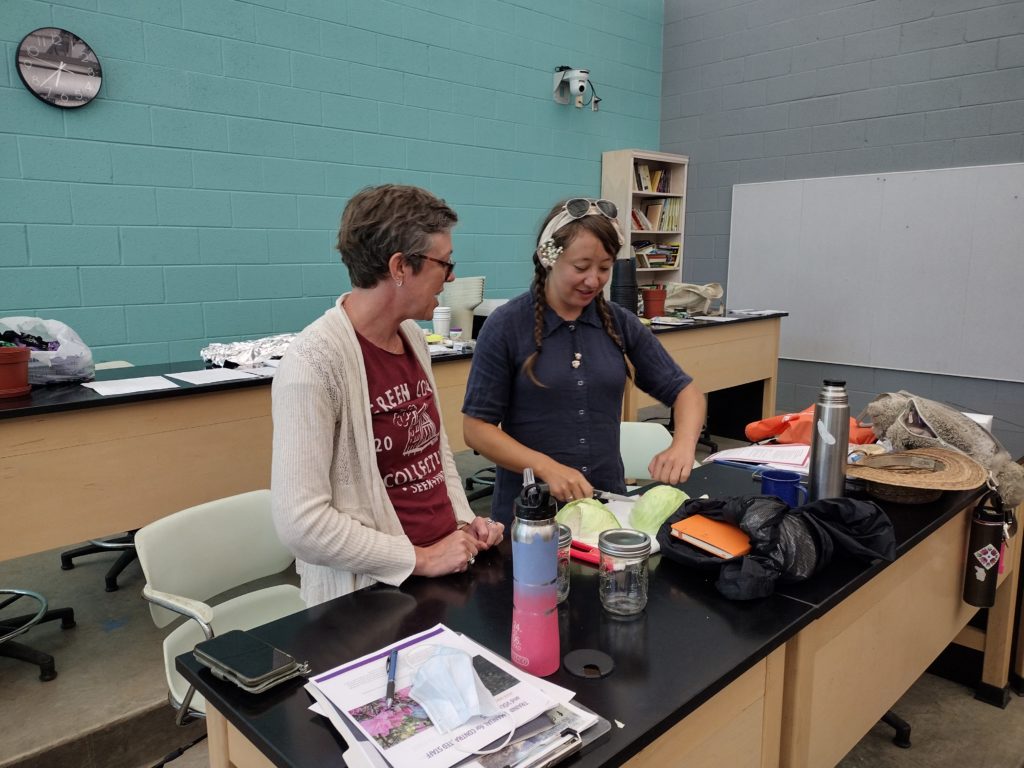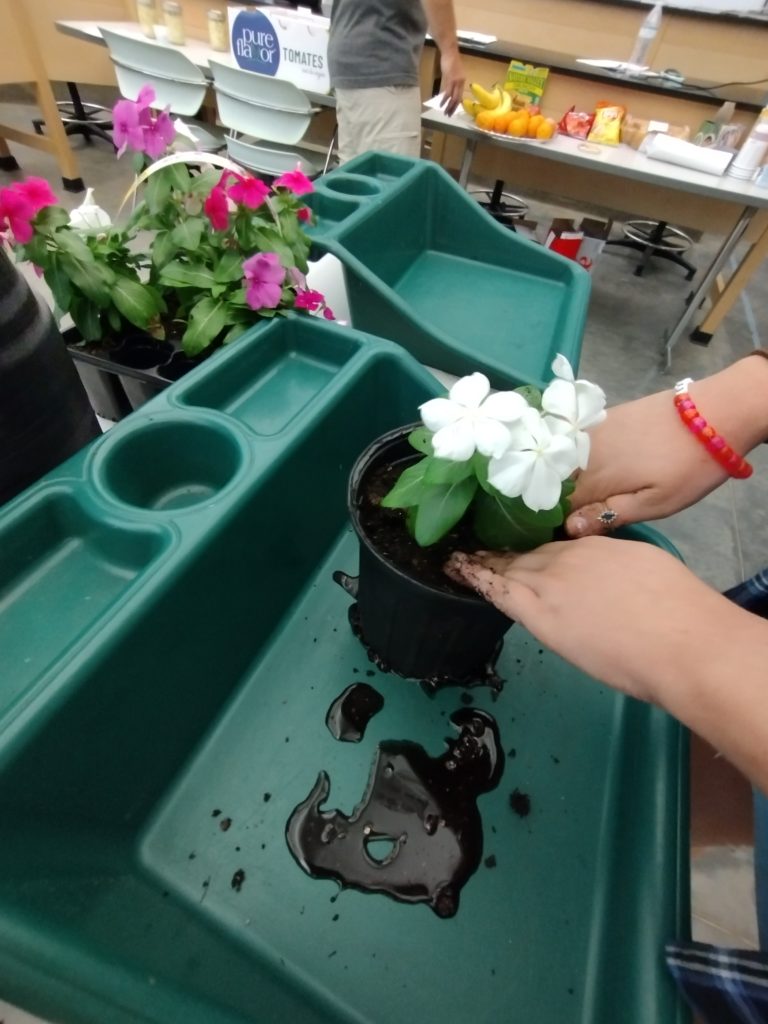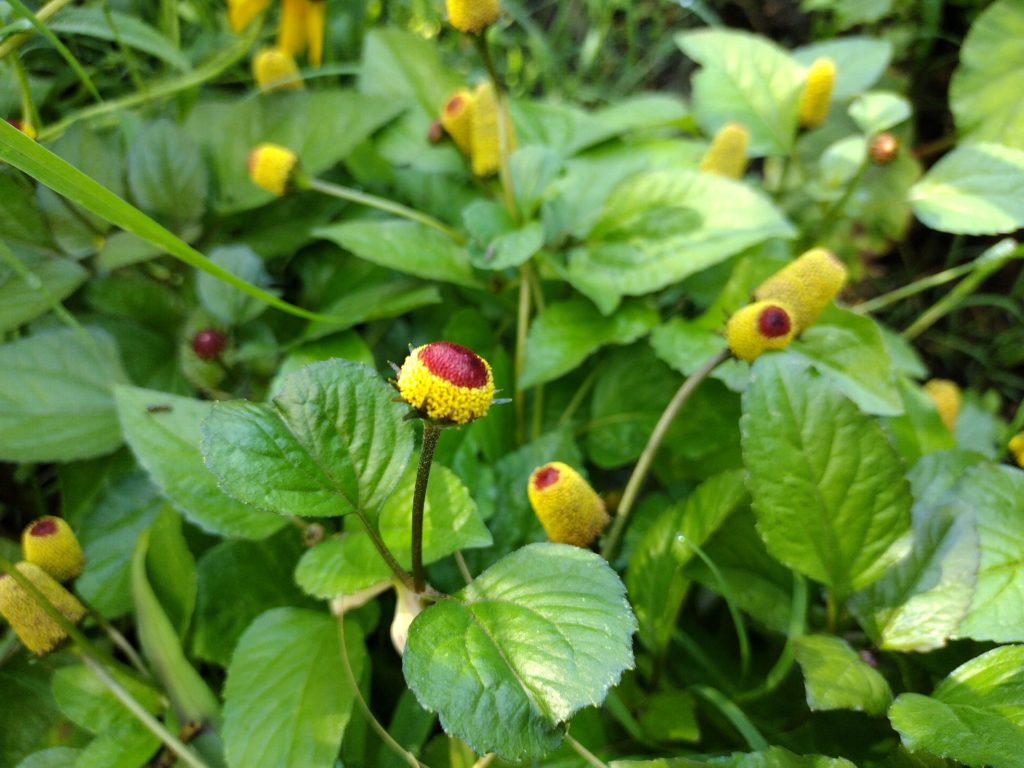The Horticultural Therapy Certificate Program at the University of Tennessee Herbert College of Agriculture offers a robust learning experience in an accelerated format. Students will learn about horticultural therapy techniques, types of programs, and how to develop a program themselves. An in-depth study of stakeholders, theoretical foundations, adaptation methods, and assessment strategies for programs are integral parts of coursework. The goal of the certificate program is to educate students on the use of horticulture as therapy. Students completing this certificate program will have completed nine credit hours of horticultural therapy coursework required for professional registration from the American Horticultural Therapy Association (AHTA). Students interested in pursuing professional registration from the AHTA may need to take additional college coursework and complete a supervised internship to apply for professional registration. For more information about professional registration requirements visit www.ahta.org/professional-registration.
The Horticultural Therapy Certificate Program is currently on hold. Applications are not being accepted at this time.
Eligibility
Applicants to the Horticultural Therapy Certificate Program must possess a bachelor’s degree or be a currently enrolled University of Tennessee student.
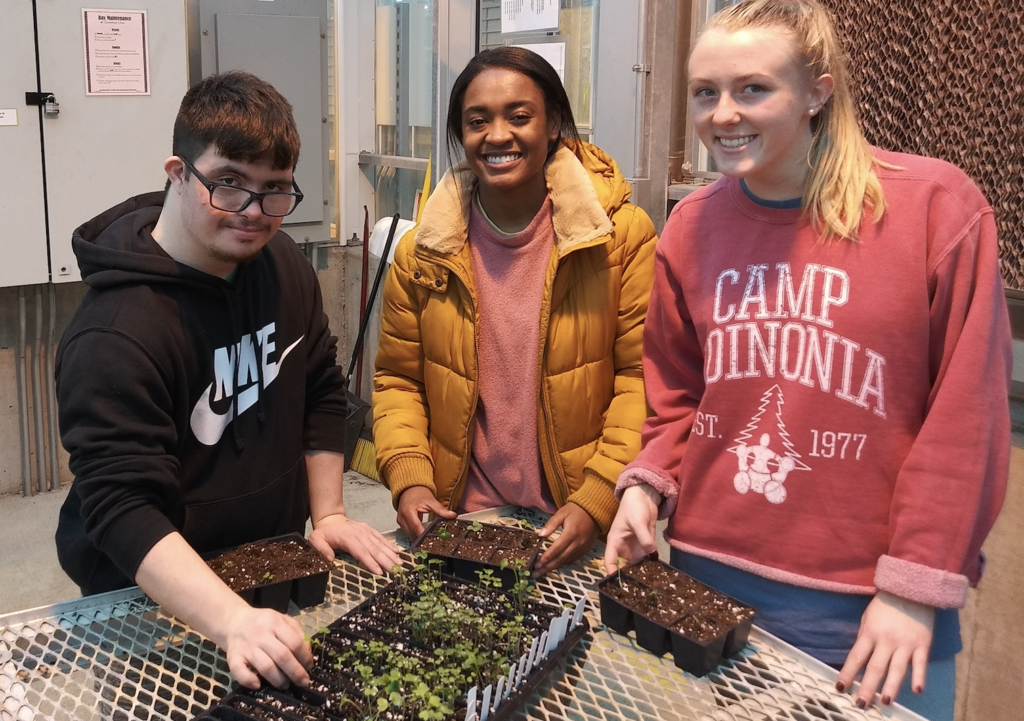
The Horticultural Therapy Certificate program is a pathway towards a meaningful career.
Coursework
Continuing Education Pre-approval by NCTRC.
The University of Tennessee Horticultural Therapy Certificate Program has been pre-approved by the National Council for Therapeutic Recreation Certification for continuing education.
PLSC 411/510 – Introduction to Horticultural Therapy – Approved for 4.5 CEUs
PLSC 412/512 – Horticultural Therapy Programming and Techniques – Approved for 4.5 CEUs
PLSC 413/513 – Horticultural Therapy Program Management – Approved for 4.5 CEUs
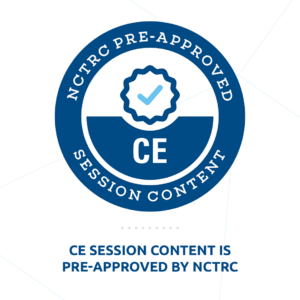
Objectives
• Define horticultural therapy and discuss how horticultural therapy is a profession.
• Discuss how horticultural therapy relates to other allied health care professions.
• Explain how evidence-based practice contributes to the profession of horticultural therapy and learn how to use evidence-based practices to enhance your skills as a practitioner.
• Identify areas for improvement needed in the profession of horticultural therapy.
• Identify how to assess clients for horticultural therapy interventions.
• Work with treatment teams to develop horticultural therapy program goals and objectives to meet the assessed needs of clients.
• Plan and implement horticultural therapy sessions for a variety of populations and medical conditions.
• Describe the process of professional registration and understand the importance of participating in professional healthcare associations.
• Document client progress in horticultural therapy programs.
• Discuss the importance of research and demonstrate skills to conduct research related to measuring the impact of horticultural therapy programs.
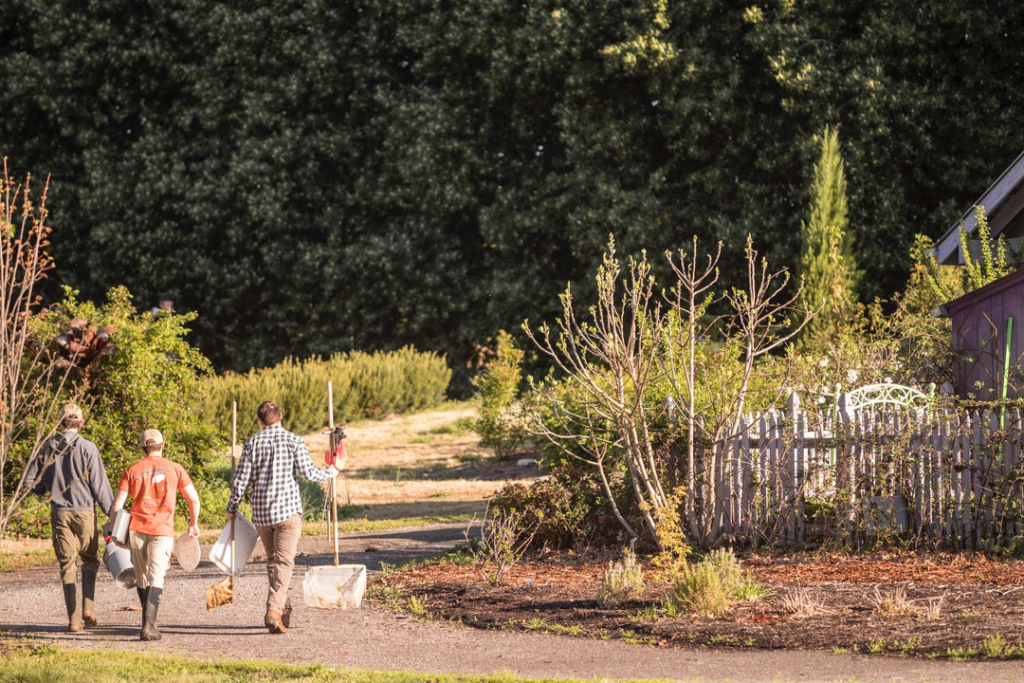
Requirements
The Horticultural Therapy Certificate Program will be delivered in an online format. Our goal is to provide courses to working adults, utilizing a flexible schedule. Coursework will be completed virtually using interactive and engaging online instructional methods.
Students must receive a passing grade of C or above in all three courses, a total of nine credit hours. The certificate program can be completed in 21 weeks.
Cost
Tuition for the horticultural therapy certificate program is billed at the online undergraduate tuition rate.
Visit: https://onestop.utk.edu/tuition-detail/ and click on
“Undergraduate (Fully Online Degree)” for current costs.
What about grants, scholarships, and Federal Student Aid?
Because this certificate program is for non-degree seeking students, funding to pay for this certificate may not qualify for federal financial aid or other grants/scholarships.

AHTA
This certificate program is accredited through the American Horticultural Therapy Association (AHTA). For more information about AHTA and professional registration visit www.ahta.org.
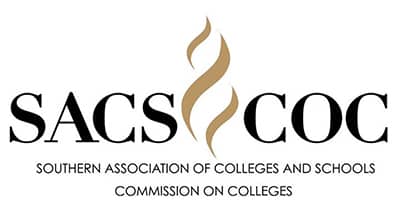
SACSCOC
The Horticultural Therapy Certificate Program has been approved by the Southern Association of Colleges and Schools Commission on Colleges (SACSCOC).
